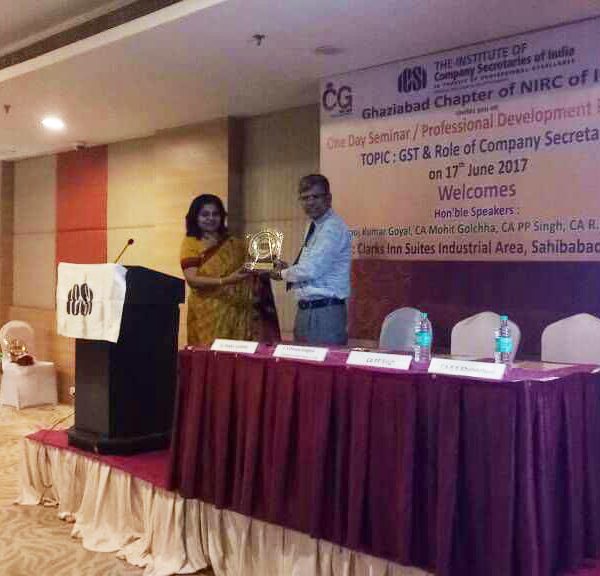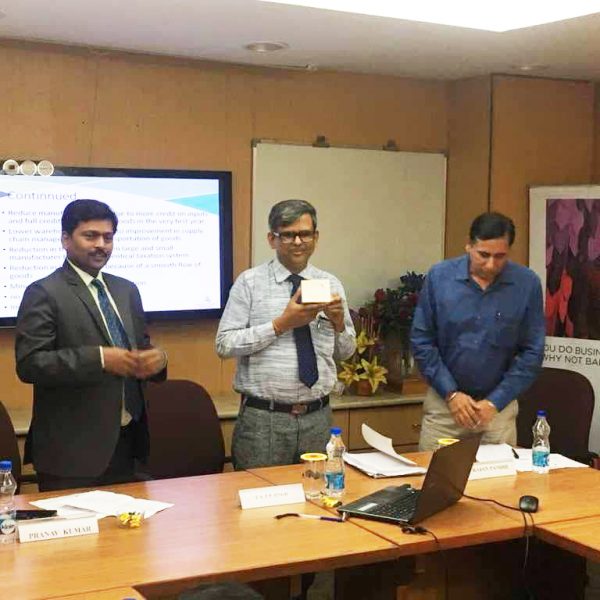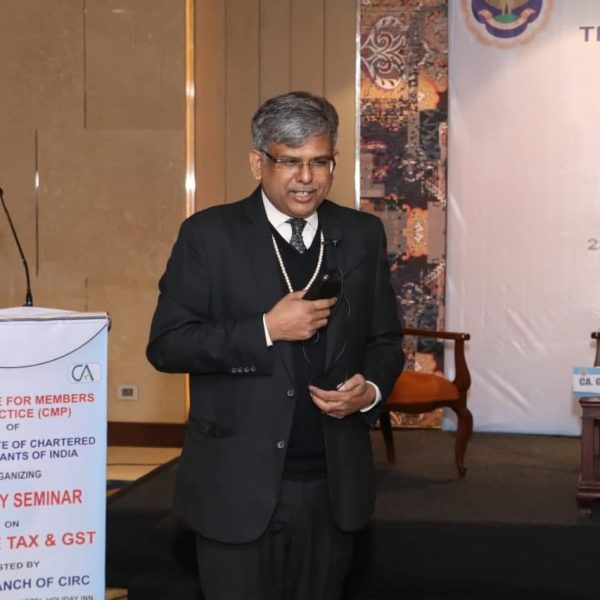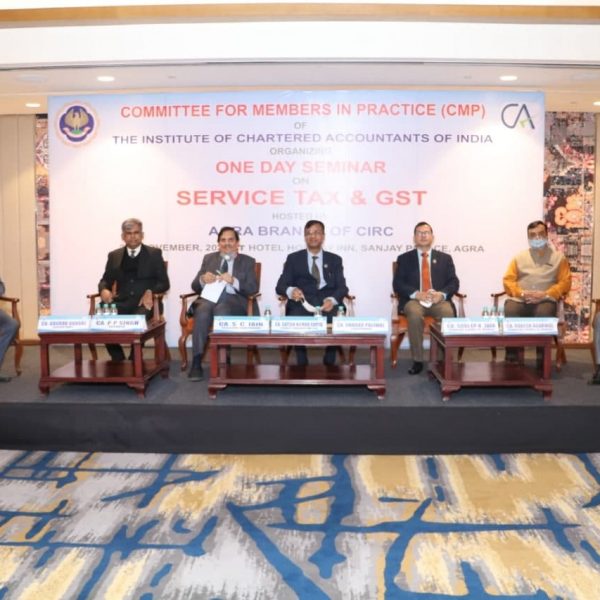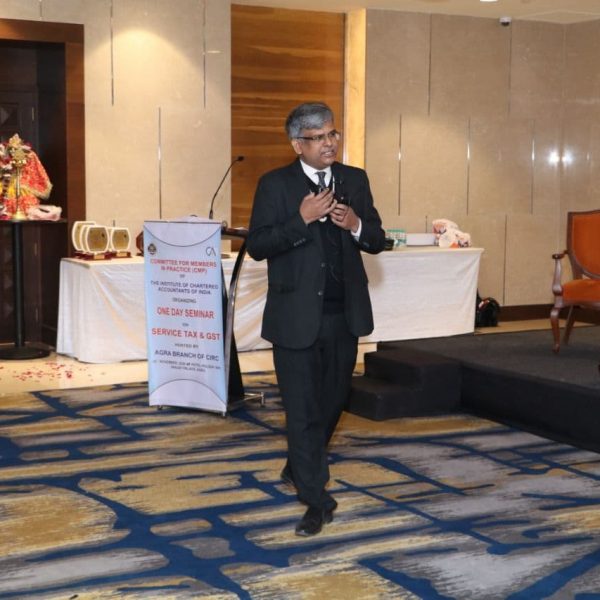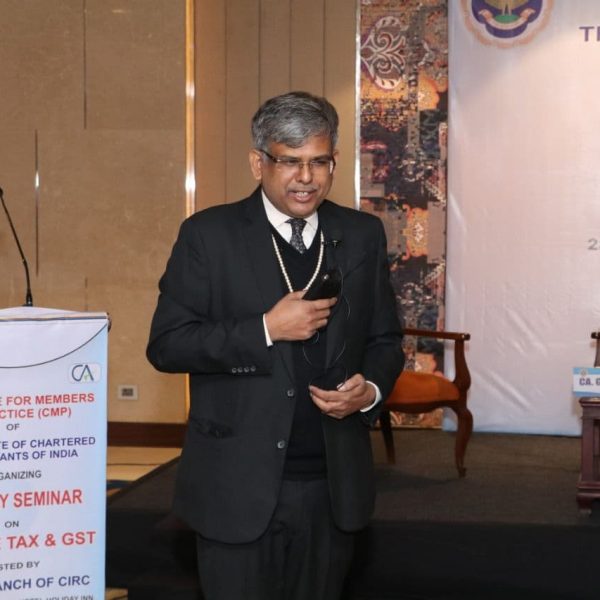obiter dicta.
Meaning: it is a Latin term for “something said while passing order but not part of order.” obiter dicta. means a judge’s expression of opinion uttered in court or in a written judgment but not essential to the decision and therefore not legally binding as a precedent.
Introduction: A comment, suggestion, or observation made by a judge as an opinion that is not necessary to resolve the case, and as such, it is not legally binding on other courts but may still be cited as persuasive authority in future litigation. Also referred to as dictum, dicta, and judicial dicta. A dissenting opinion is also generally considered an obiter dictum. Courts in their detailed judgments deal with complex facts and law. To arrive at the final order, the Courts discuss various arguments and try to justify the outcome of the case in many different ways- factually & legally. All that has been said in the body of the judgment is a precedent and binding for other Courts to follow. Only the ratio/ rule enunciated in a case is binding while deciding subsequent cases involving similar issues or facts. The stray, unwanted, unnecessary remarks and observations, which are not necessary for the decision of the case, are nothing but ‘obiter’. What is binding is the ratio of the decision and not any finding of facts. It is the principle found out upon a reading of a judgment as a whole, in the light of the questions before the Court that forms the ratio.
The subject matter of obiter dicta varies greatly and can include discussions of hypothetical facts, cases, or laws or even condemnations of other opinions. Legal scholars commonly disagree as to what exactly constitutes dicta as opposed to statements of binding precedent or authority in a given case. In Trump v. Hawaii, for example, Chief Justice John Roberts’s opinion included the following statement which betrays ambiguity as to whether it only condemns or actually overturns a prior case: “Korematsu was gravely wrong the day it was decided, has been overruled in the court of history, and to be clear ‘has no place in law under the Constitution’ 323 U.S., at 248 (Jackson, J., dissenting).”
Though unnecessary, dicta are still studied and valued for their potential usefulness. Dicta are frequently incorporated in later opinions and sometimes even serve as the basis of those opinions. An example of this is the United States v. Carolene Products case, where Justice Harlan F. Stone suggested in the now-famous Footnote that a legal rule more stringent than the rational basis test be applied in hypothetical, future situations. The language in Footnote eventually served as the basis for the doctrine of strict scrutiny.
Obiter Dicta is usually seen as normal statements made by the court that are not part of the ratio decidendi. Laying down the law by LexisNexis talks about the obiter dicta as “Frequently during the course of a judgment, judges discuss the proposition of laws from previous cases. These recitations provide a useful foundation for the reasoning of the judge’s decision. But the statement of judges will not act as ratio or obiter until they receive the endorsement of the judge.” Hence, one can say that any statement that is made during the course of a judgment and endorsed by Judges that does not fall under the categories of ratio dicendi is obiter dicta. Our Indian courts have given interpretation about the word obiter dictum. The first major case is the Mohandas Issaradas vs. A.N. Sattanathan AIR 1955 Bom 113. The court talked about obiter dictum as the opinion expressed by the judges in the court during the time they pronounced the judgment. But these statements must not have any importance in the judgment. Obiter dicta are not important constituents for arriving at the decision but are only helpful in helping the circumstances. A statement that is obiter dictum, is just incidental remarks and nothing else. Obiter dictum was again discussed in Sarwan Singh Lamba vs. Union of India 1995 SCC (4) 546. The Supreme Court talked about the value and legal weightage of obiter dictum. The court said that in normal circumstances, the obiter dictum of the court for any case is expected to be followed. It was also held that the obiter dictum made by the Supreme Court has considerable weightage. But it will depend on the kind of the type of dictum. Another important case is Madhav Rao JivajiScindia vs. Union of India (AIR 1971 SC 530). The court held in the case that it is difficult to consider a word, clause, or expression as a full exposition of law because the word, clause, or expression does not answer the direct questions of the law of the case in hand.

